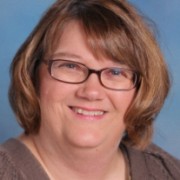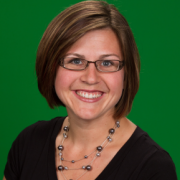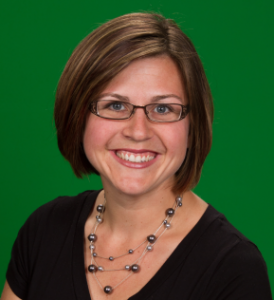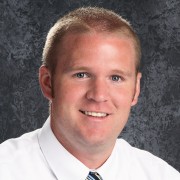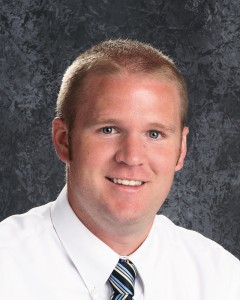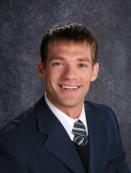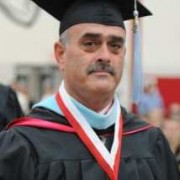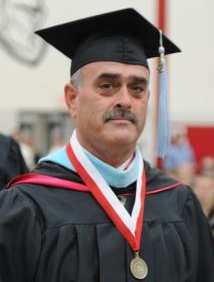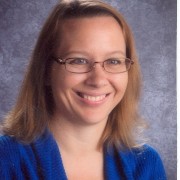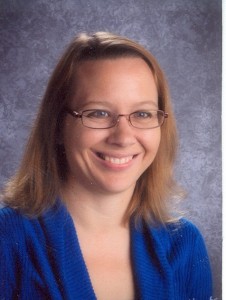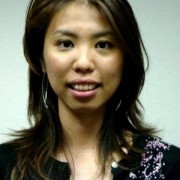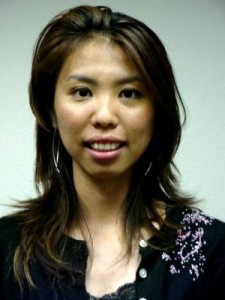Sheila Krause, MS Ed
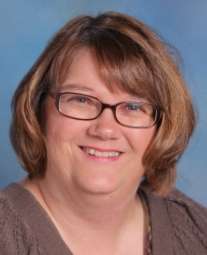 Two brothers with learning disabilities were Sheila Jones Krause’s inspiration. “Working with children who struggle in school in a WELS setting has always been my dream,” she says. As the extended learning teacher at David’s Star, Jackson WI, she does just that, teaching children with learning difficulties and disabilities, as well as teaching grade 7-8 English.
Two brothers with learning disabilities were Sheila Jones Krause’s inspiration. “Working with children who struggle in school in a WELS setting has always been my dream,” she says. As the extended learning teacher at David’s Star, Jackson WI, she does just that, teaching children with learning difficulties and disabilities, as well as teaching grade 7-8 English.
Sheila loves working with God’s children at David’s Star. “The challenge is to find what works for each student, since they are all unique. Each lesson is designed to fit the student’s academic level and learning style, to strengthen their weaknesses, and to teach them the tools that they need to become independent learners. I spend time getting to know each student—inside and outside school. I want the students to know that I am there for them as an advocate with their teachers and parents.”
It takes a lot of time, she says, “but the joys of what I do outweigh the challenges! The joy is when they have achieved something that they have never been able to do before, no matter how small. We celebrate all successes! The joy is there when I see them move on to high school and see them succeed there, too.”
In 2006, Sheila decided to expand her knowledge base by enrolling in MLC’s Master of Science in Education program with an emphasis in special education. “I wanted to be more knowledgeable in finding ways to help my students,” she says. “I wanted to be better prepared for my students’ IEPs with the public school and learn how to work more closely with our public school pupil services departments. I wanted to learn more about different types of disabilities, different types of assessments, and how to write a plan for my students.”
Did MLC’s program meet her needs? Absolutely. “I believe that I am a better teacher because of the classes that I took,” she says. “I have a better understanding of the different types of disabilities and am more confident in working with these students. I have also noticed that the public school district respects what I do at David’s Star due to my master’s degree. I have built a wonderful working relationship with the public school district. Because of that relationship, they are willing to share ideas and programs that work for them and help me use these ideas and programs at David’s Star.”
Sheila spent three years in the program, continuing to teach while doing her own homework—and squeezing in her other interests, reading and stamping. She finished in May 2009.
Looking back, she would highly recommend the program to other WELS teachers. “Being able to choose the classes that best fit your call, the flexibility of completing the lessons and assignments online, and the working relationship with other called workers and the MLC graduate professors are why I recommend MLC’s Master’s program,” she says.
“I liked being able to take classes online while I was teaching,” she continues. “I could set my own schedule, and I was able to choose the classes that best fit the needs of my call. There were so many choices that it was difficult at times to choose one class.
“Many of the assignments were practical,” she adds. “I was also able to have my students participate in some of the projects that I developed. It improved my relationship with both the parents and the students. They were able to see that I was actively trying to help them do better in school. They also liked the fact that their teacher had homework to do, too. I enjoyed the interaction with the other teachers who were taking the class and with the professors. The professors were all very knowledgeable in their area and were eager and willing to share that with all of us. And I know that I can still stay in touch with these professors and continue to ask them questions.”

